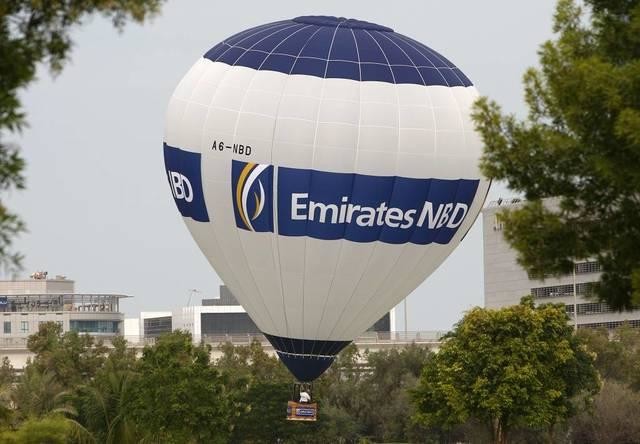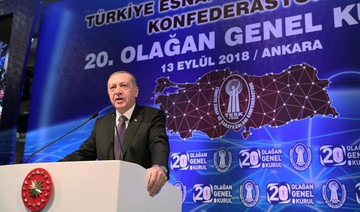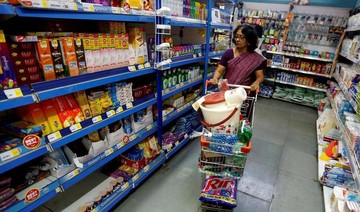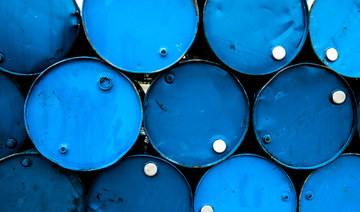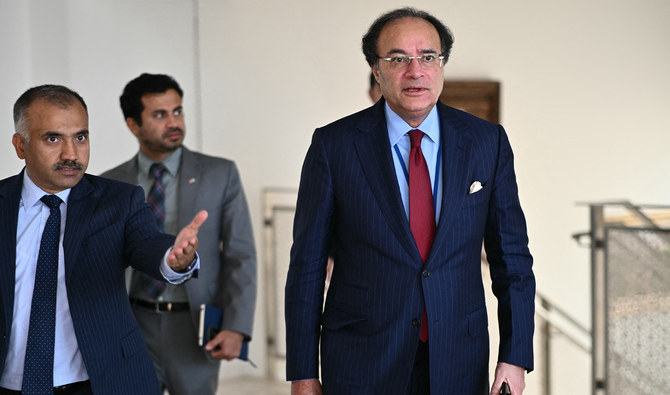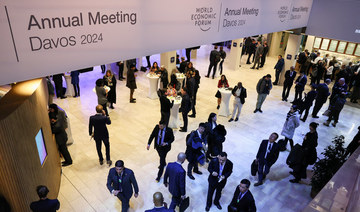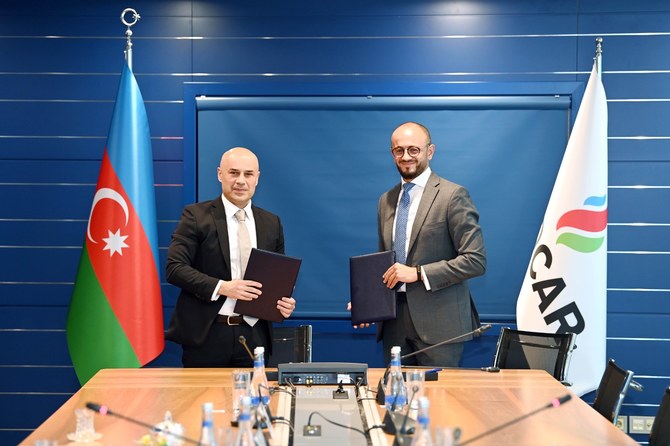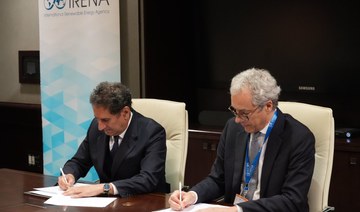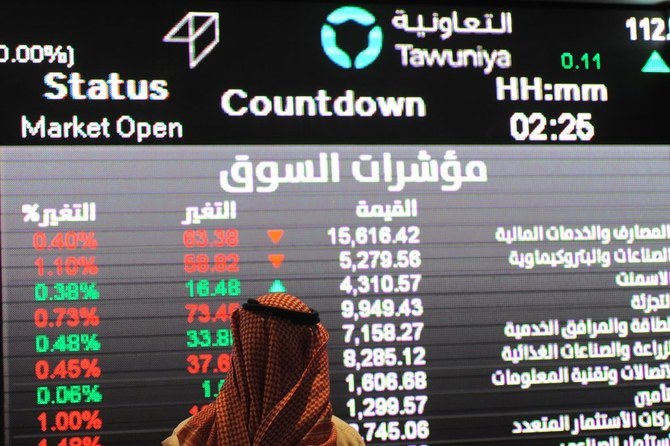LONDON: Banks in the UAE are reaping the benefits of the US Federal Reserve’s three rate rises so far this year, with healthy increases in net interest incomes helping bolster profits.
With the dirham pegged to the US dollar, the actions of the US central bank have a direct impact on interest rates charged by UAE banks.
The UAE Central Bank last increased its repo rate by 25 basis points and raised interest rates on certificates of deposit on Sept. 26 to bring it in line with the Fed’s earlier move.
With another Fed rate hike potentially on the horizon in December, analysts said the Gulf country’s banks could find it harder to keep ramping up the cost of borrowing for their corporates or individual clients.
“Due to ample liquidity in the system, supported by high crude prices, banks are struggling to pass the rate hikes to customers,” said Chiradeep Ghosh, research analyst at Sico Bank in Bahrain.
“We expect UAE banks to report only a modest (net interest margin) expansion, despite a likely three to four more Fed rate hikes by the end of 2019.”
In the last reported quarter, UAE banks revealed increases in net interest income of varying degrees.
Banks’ profitability is typically driven by net interest income, which accounted for 69 percent of the UAE sector’s total net revenue in 2017, according to a Oct. 3 Moody’s Investors Services report.
Dubai-headquartered Emirates NBD reported one of the largest increases in interest income this year.
The bank posted net profits of 7.7 billion dirhams ($2.1 billion) for first nine months of the year, 24 percent up year-on-year. This increase was supported by 9.5 billion dirhams in net interest income, a 19 percent increase on the previous year. In contrast, non-interest income dropped 2 percent for the same time period.
First Abu Dhabi Bank (FAB) reported smaller increases, with net interest income reaching 9.75 billion dirhams for the first nine months of the year, marginally up by 0.1 percent.
The increase was slightly more noticeable in the third quarter alone, jumping by 1.2 percent compared to Q3 last year, according to its Oct. 23 statement.
FAB said net interest income was “broadly stable” due to “strong business volumes and rate hike benefits,” according to a bank presentation.
Dubai-based Mashreq Bank said its net interest income, combined with Islamic financing income, climbed by 4.5 percent in the first nine months year-on-year to reach 2.8 billion dirhams, according to a Oct. 21 filing.
Analysts said the increase in the banks’ interest-related income has helped to counter some of the risk of rising funding costs looming over banks.
“We expect that rising interest rates will increase system-wide net interest margins as banks’ higher gross yields outweigh the increase in funding costs,” Moody’s said.
Continued rate hikes could, however, start to affect the financing costs for corporate and individual borrowers and be a drag on economic growth, analysts said.
“Rate hikes would definitely dent the borrowing appetite of UAE corporations and the banks would not be left with much option but to lower their spread over interbank rate which they charge corporates,” said Ghosh.
“The capacity of UAE companies to bear higher debt burden would eventually depend on the economic activities in the UAE. A weak economic environment, along with a surge in higher funding cost may lead to pick up in delinquencies,” he said.
Ehsan Khoman, head of regional research and strategy at MUFG, based in Dubai, said the country should be able to absorb the impact of higher interest rates for now.
“Rising interest rates are unlikely to derail the UAE’s benign economic growth outlook in the near-term. The impact of higher rates should be more than offset by government stimulus. Having said that, it’s an additional factor to consider that GDP growth will remain weak by historical standards,” he said.
Some UAE companies have already reported higher financing costs in their latest Q3 results.
The UAE-based United Food Company (UFC) said on Nov. 5 that finance costs paid in the first nine months of the year reached 535,742 dirhams, compared to the lower amount of 364,568 dirhams recorded in the same period in 2017.
Dubai Investments said on Nov. 5 that finance expenses for the first nine months of the year reached 133.6 million dirhams compared to 69.4 million dirhams.


